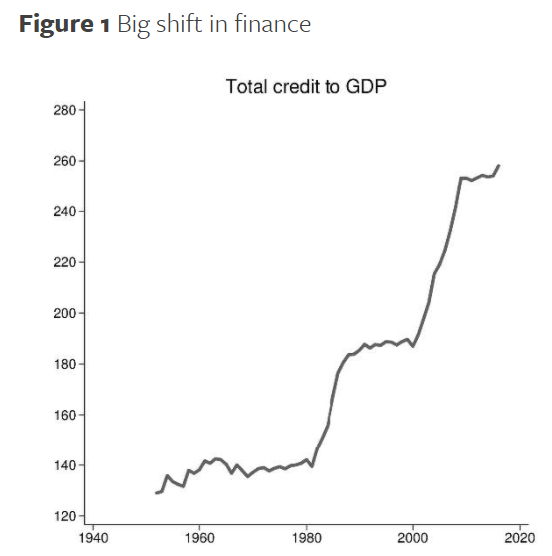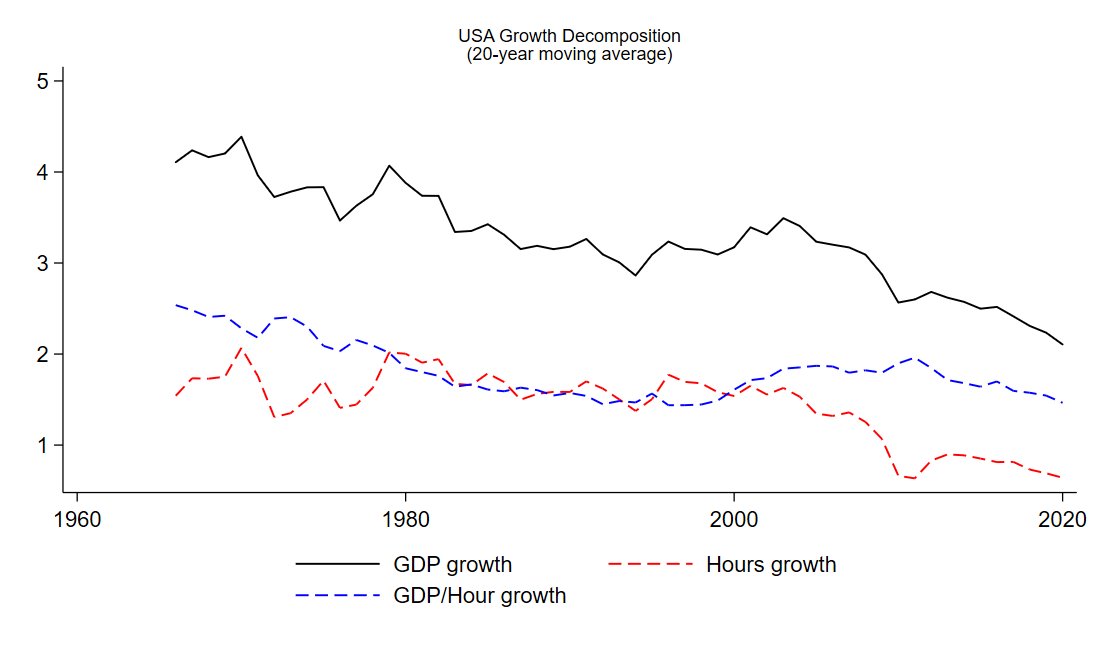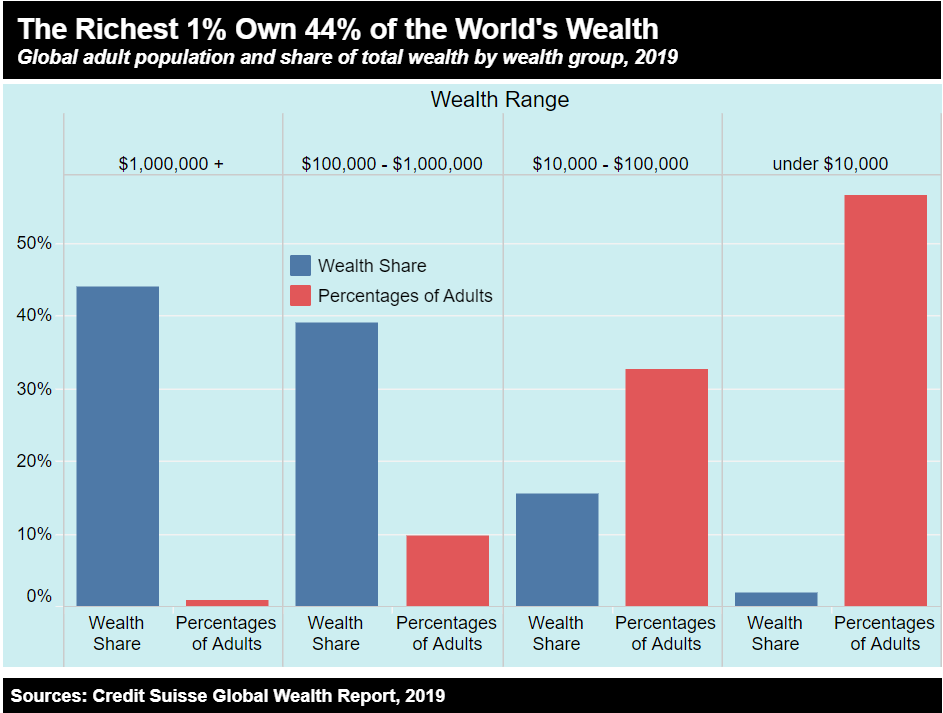
I'll do occasional thread on #WhyStudyEconomics - explaining how this science can be used for our collective good when used properly
Today's question: Should we have a minimum wage?
Today's question: Should we have a minimum wage?
https://twitter.com/AtifRMian/status/1366885906964185089
Questions in economics are social in nature which can understandably trigger an ideological/emotional response
But one must resist that initial temptation and start with a formal framework to think objectively about the question at hand
This is what theorists try to do
But one must resist that initial temptation and start with a formal framework to think objectively about the question at hand
This is what theorists try to do
For a question on the minimum wage, we must start with a theory of how labor market works
A theory does not tell us how labor markets *actually* work, but it guides us by spelling out conditions under which a minimum wage is desirable versus not
A theory does not tell us how labor markets *actually* work, but it guides us by spelling out conditions under which a minimum wage is desirable versus not
Armed with the theoretical framework, we can then dig into real world data and measure which of the conditions are more realistic
This way we can get a scientific answer to the question, should we have a minimum wage, and should it be $15/hour?
This way we can get a scientific answer to the question, should we have a minimum wage, and should it be $15/hour?
Theory tells us that broadly speaking there are two possible responses to a minimum wage hike, with very different implications.
#1 Workers previously hired below the minimum wage, become too expensive after the wage hike and get laid off. Thus minimum wage increase ends up hurting the same people it is supposed to help, *and* there is less output.
However, theory also tells us that outcome #1 is a possibility only if certain specific conditions are met. e.g. that markets are perfectly competitive.
But we know that real world is far from perfect. For example, certain firms or industries may have monopoly power etc etc
But we know that real world is far from perfect. For example, certain firms or industries may have monopoly power etc etc
#2 There is thus a second possibility. Raising the minimum wage may not lead to much employment loss, *and* at the same time raise the income of millions of minimum wage workers - reducing poverty and stress on social safety net.
#1 versus #2 ... which theory is correct?
#1 versus #2 ... which theory is correct?
This is where the empirical side of economics comes in - an area that has expanded a lot in the last few decades.
Armed with the theory, empiricists try to measure what *actually* happens when we raise the minimum wage.
Armed with the theory, empiricists try to measure what *actually* happens when we raise the minimum wage.
They look for "natural experiments".
For example, one state raises its minimum wage but the neighboring state does not. Using appropriate statistical methods, we can use such changes in local laws to estimate how employment responds to minimum wage increase
The answer?
For example, one state raises its minimum wage but the neighboring state does not. Using appropriate statistical methods, we can use such changes in local laws to estimate how employment responds to minimum wage increase
The answer?
Raising the minimum wage does not do any significant harm to employment, and will lift the incomes of tens of millions of Americans.
Most importantly, raising the minimum wage will help exactly the group of Americans who need a win the most
Most importantly, raising the minimum wage will help exactly the group of Americans who need a win the most
The minimum wage literature has been hugely influential in convincing experts that #2 is correct, and that we should raise the current level of federal minimum wage.
I hope our senate follows.
I hope our senate follows.
If you want to learn more about this, listen to the young rock star of minimum wage scholarship @arindube
podcasts.apple.com/us/podcast/min…
podcasts.apple.com/us/podcast/min…
• • •
Missing some Tweet in this thread? You can try to
force a refresh








